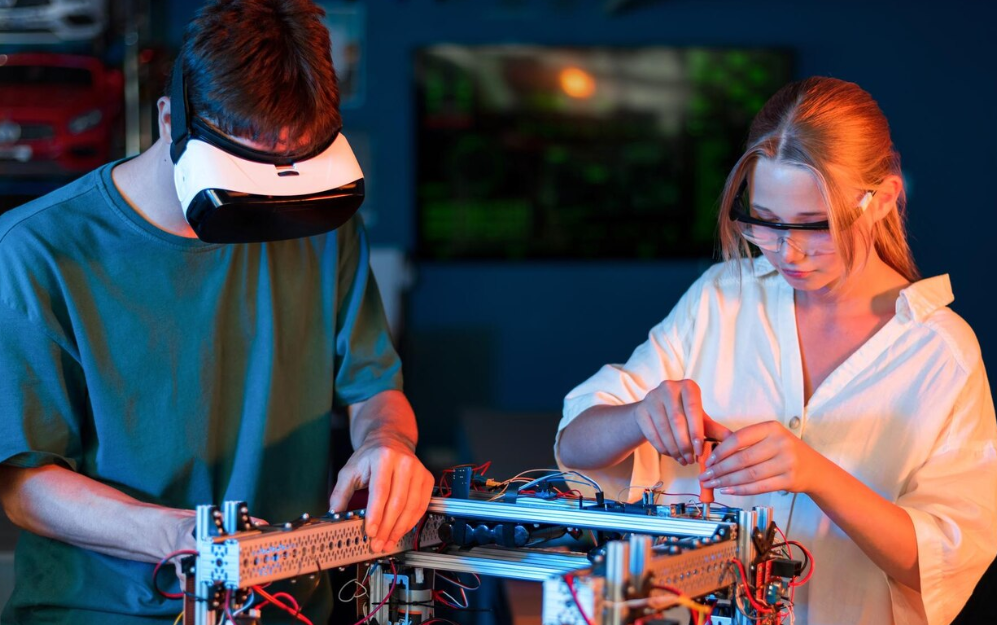Artificial Intelligence (AI) is rapidly transforming the landscape of modern healthcare, not only by optimizing clinical workflows but also by redefining the patient experience. From virtual assistants to predictive analytics, AI technologies are increasingly being integrated into various aspects of patient care, creating more personalized, efficient, and accessible healthcare journeys.
Personalized Healthcare at Scale
One of the most profound ways AI enhances patient experience is through personalization. AI algorithms can analyze a patient’s medical history, genetic data, lifestyle, and even real-time biometric inputs to deliver tailored health recommendations.
For example, AI-driven platforms can generate individualized treatment plans for chronic diseases such as diabetes or hypertension. By recognizing patterns and predicting outcomes, these systems help healthcare professionals make informed decisions, improving both the accuracy and relevance of care.
Virtual Assistants and Chatbots
AI-powered chatbots and virtual assistants are now common in clinics, hospitals, and even on healthcare websites. These tools can handle routine tasks such as appointment scheduling, medication reminders, and answering frequently asked questions.
This automation reduces administrative burden and wait times while improving patient engagement. Importantly, it allows healthcare providers to focus more on direct patient care, enhancing the overall experience for both patients and medical staff.
Predictive Analytics and Early Intervention
By analyzing vast amounts of health data, AI systems can detect subtle warning signs that might go unnoticed in traditional care models. Predictive analytics help identify patients at risk of developing serious conditions, enabling early intervention strategies.
This proactive approach not only prevents complications but also reassures patients that their health is being monitored continuously. The result is a more preventive and confidence-building form of healthcare.
Enhancing Accessibility with AI
AI technologies are also breaking down accessibility barriers in healthcare. Language translation tools, voice recognition systems, and mobile diagnostics powered by AI are making healthcare more inclusive, especially for people in remote or underserved areas.
Telemedicine platforms that use AI to assist in diagnostics and triage allow patients to receive care without needing to travel long distances, saving time and increasing access to essential health services.
Ethical Considerations and Human Touch
Despite the advantages, integrating AI into patient care raises important ethical questions—particularly around data privacy, algorithmic bias, and the risk of depersonalization. It is crucial that AI systems are developed transparently, with continuous oversight, and always in partnership with human clinicians.
AI should be viewed not as a replacement for human care but as a tool that amplifies human empathy and expertise.
Conclusion
AI is undeniably reshaping the healthcare experience, moving from reactive treatments to proactive, patient-centric care. As technologies continue to evolve, the focus must remain on delivering compassionate, equitable, and personalized care. The goal isn’t just smarter machines—it’s better lives.


